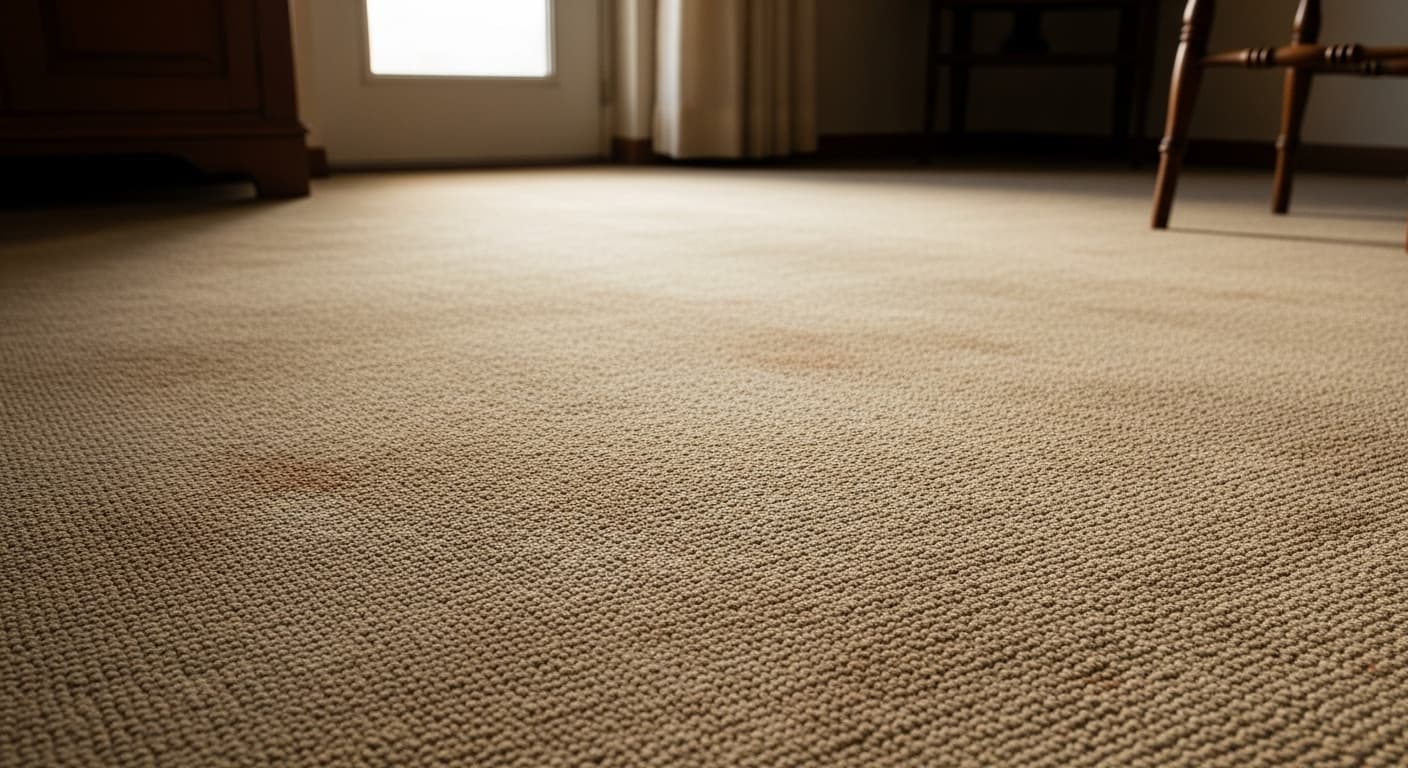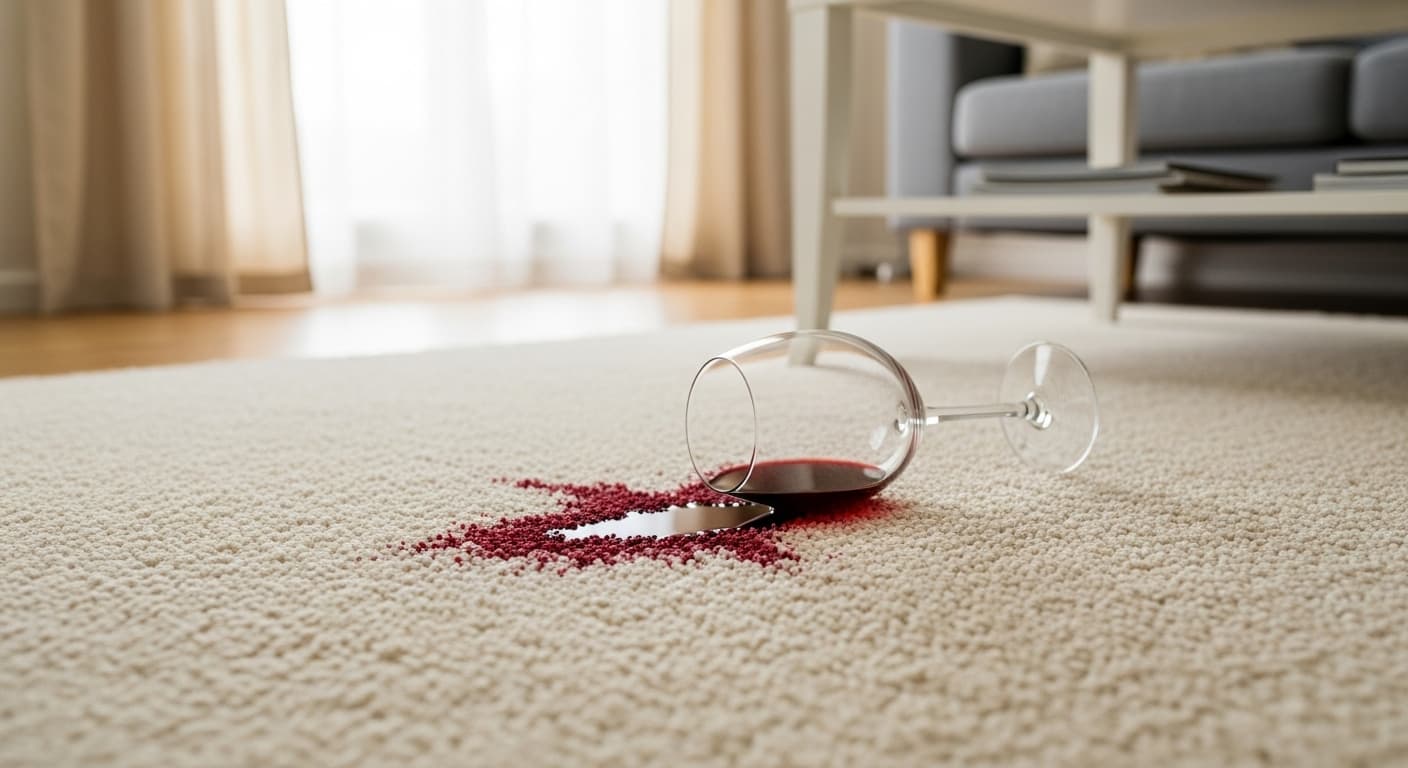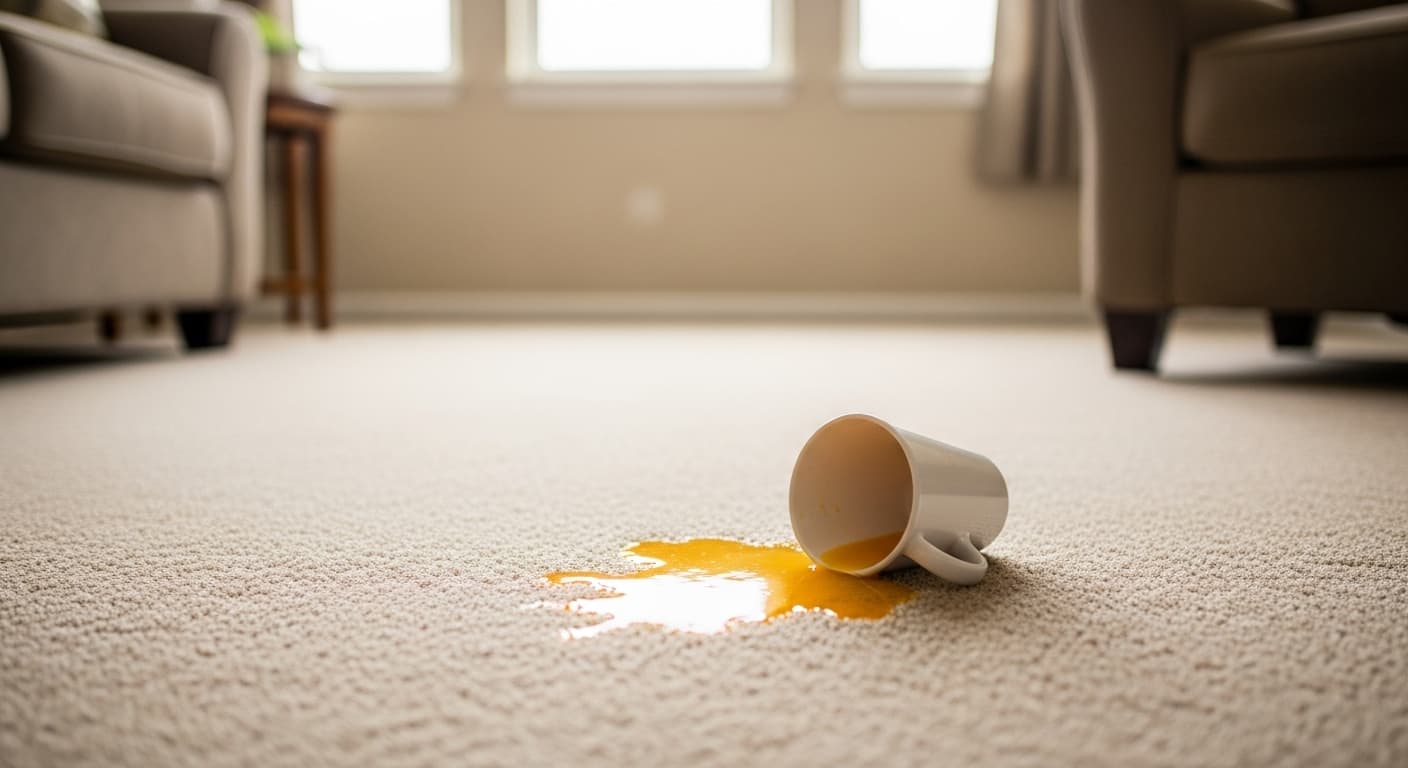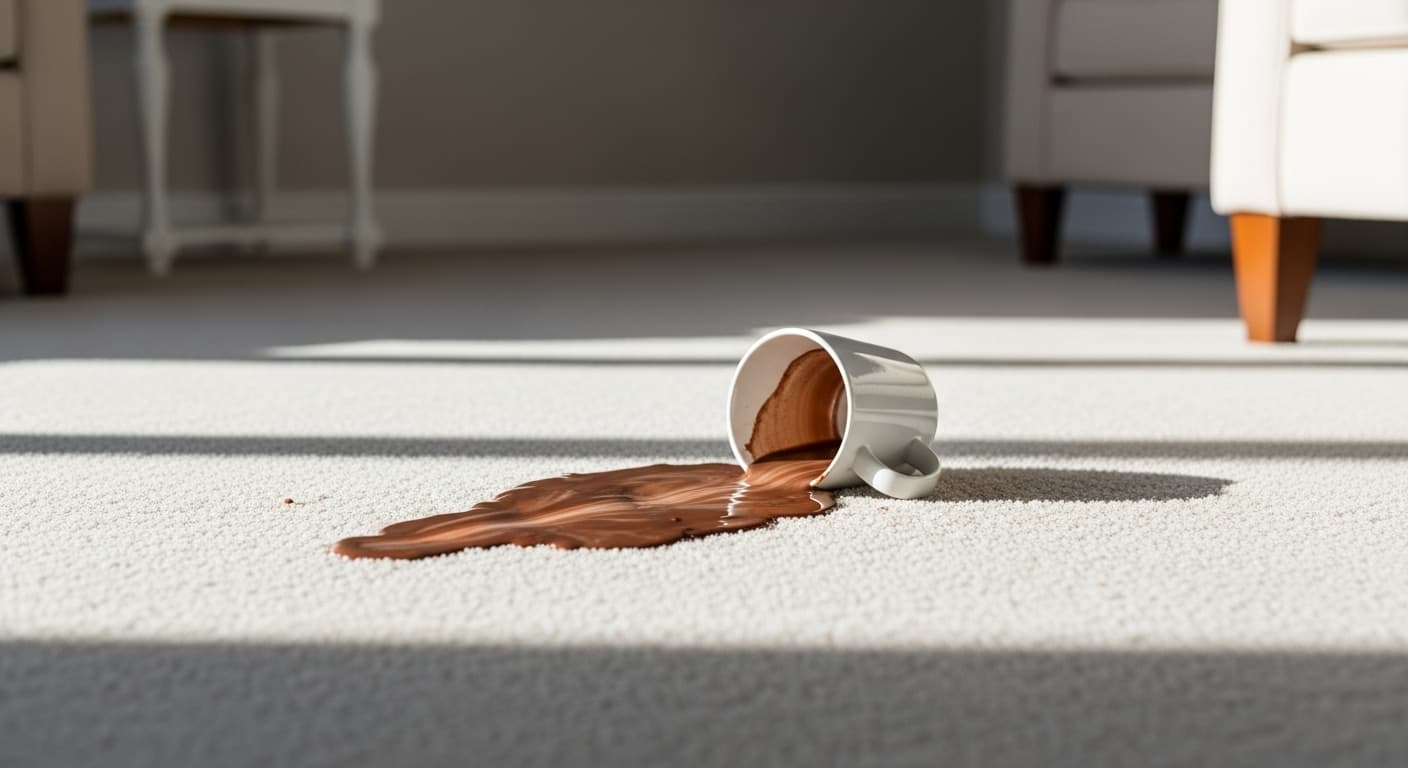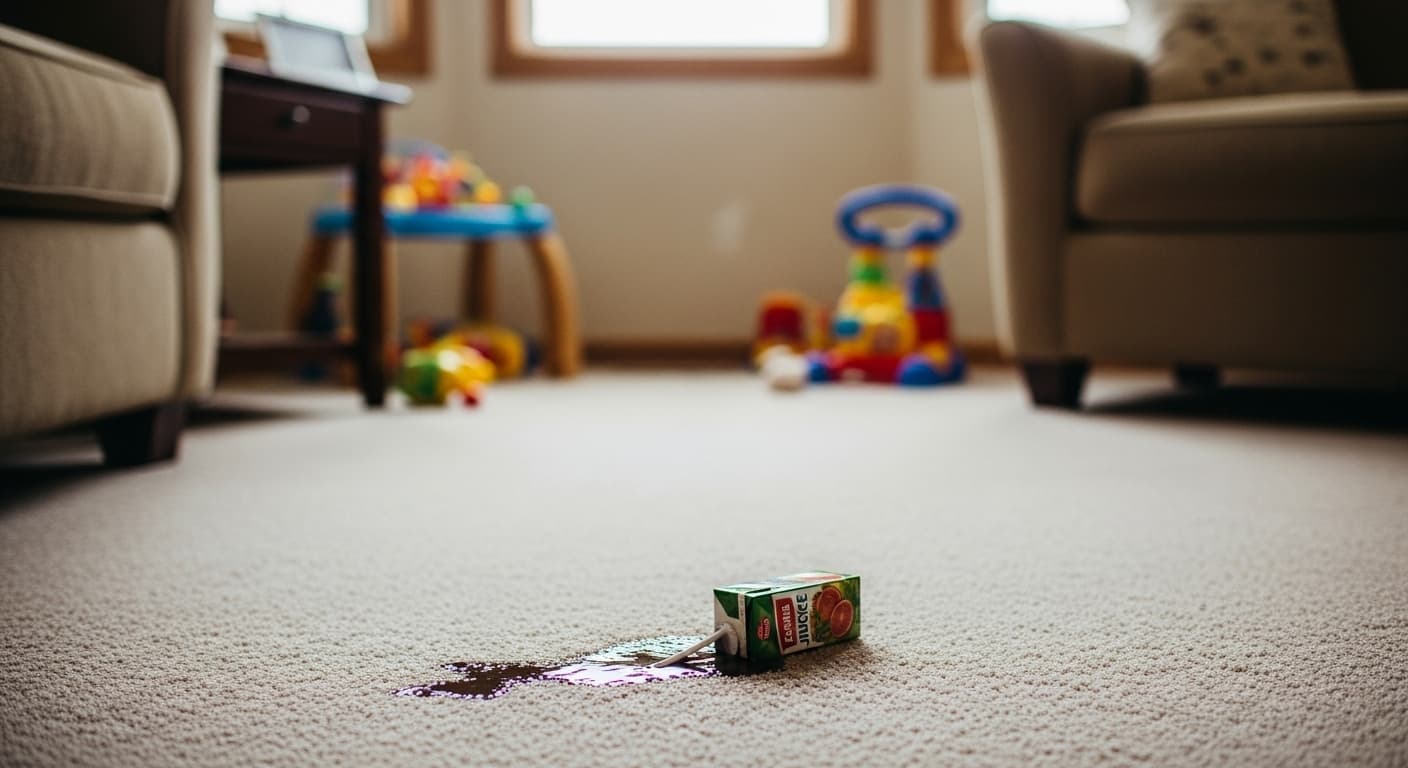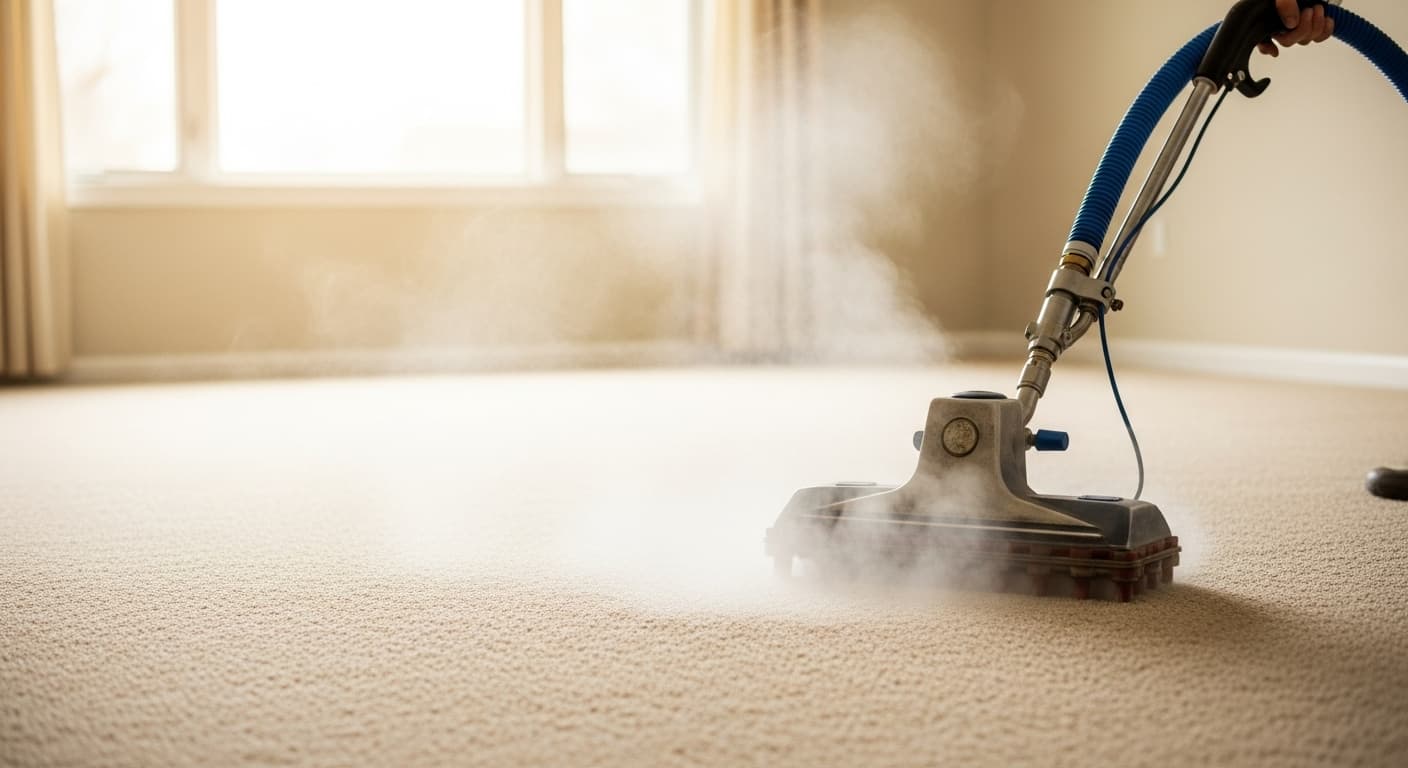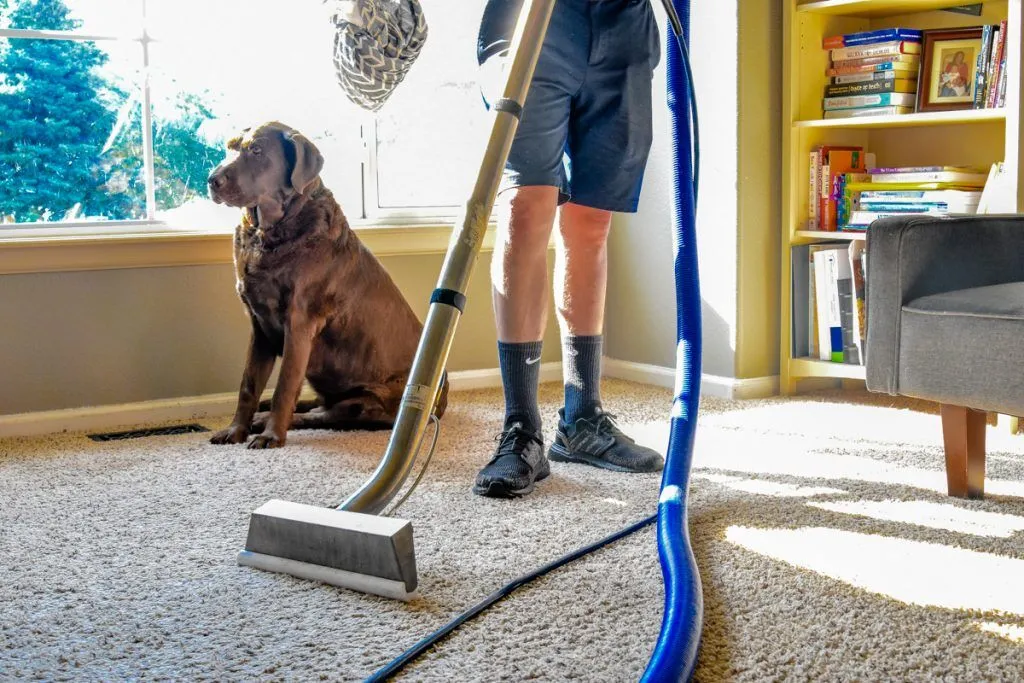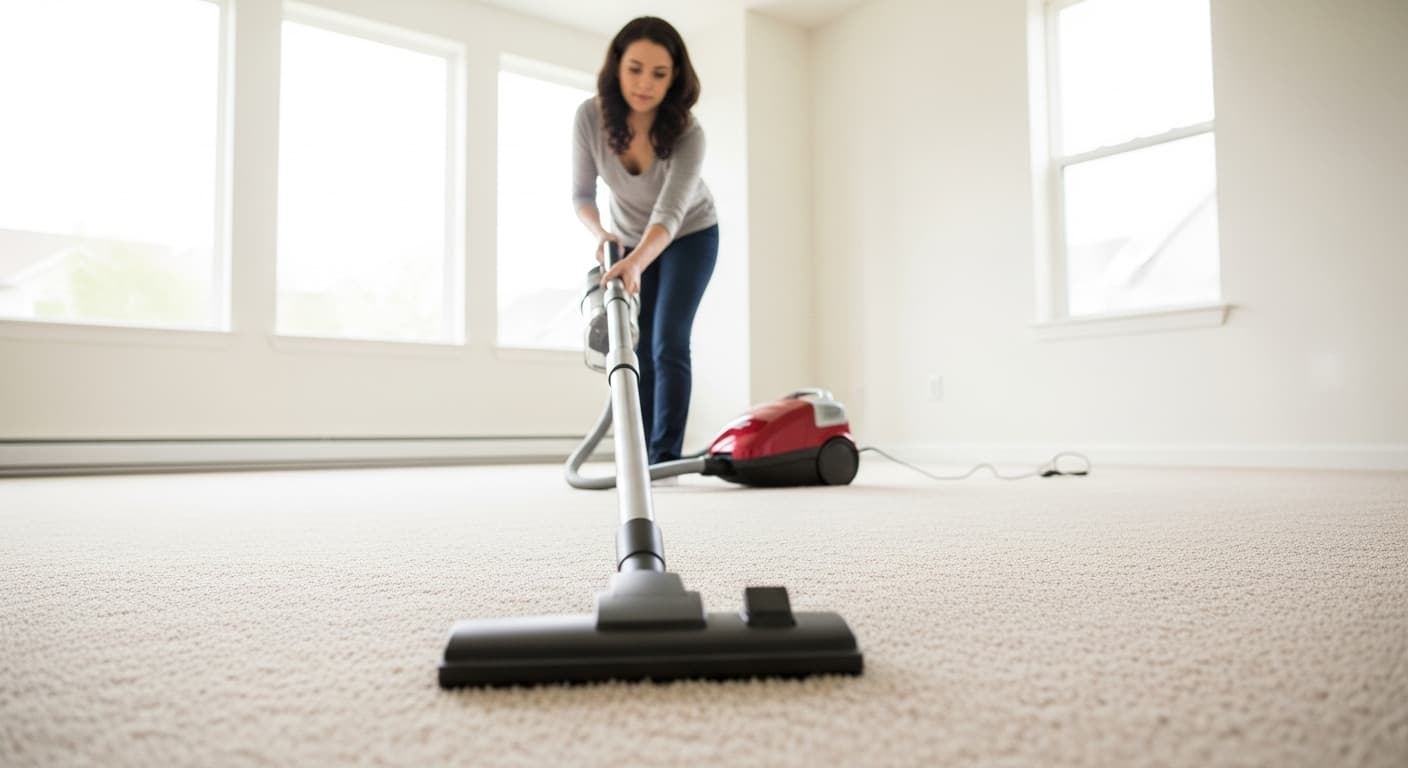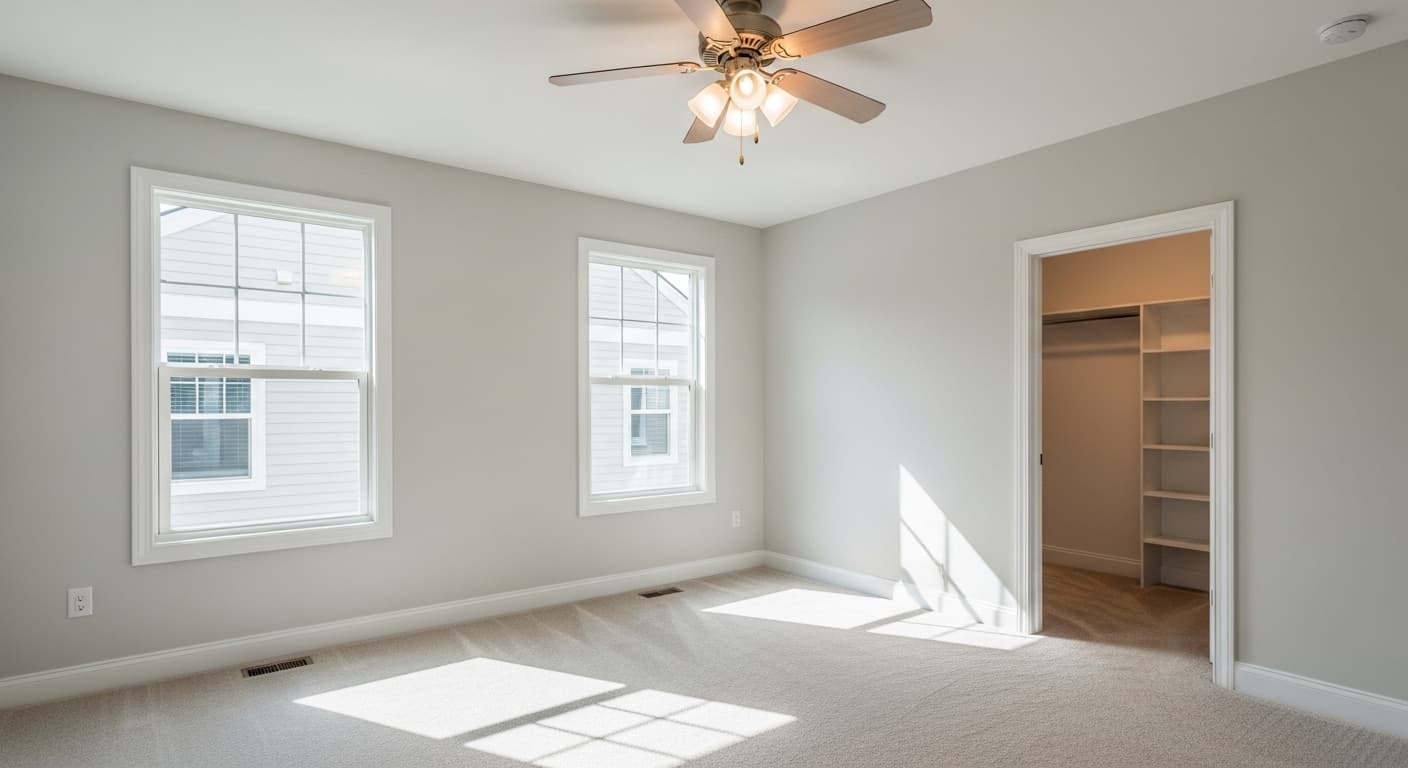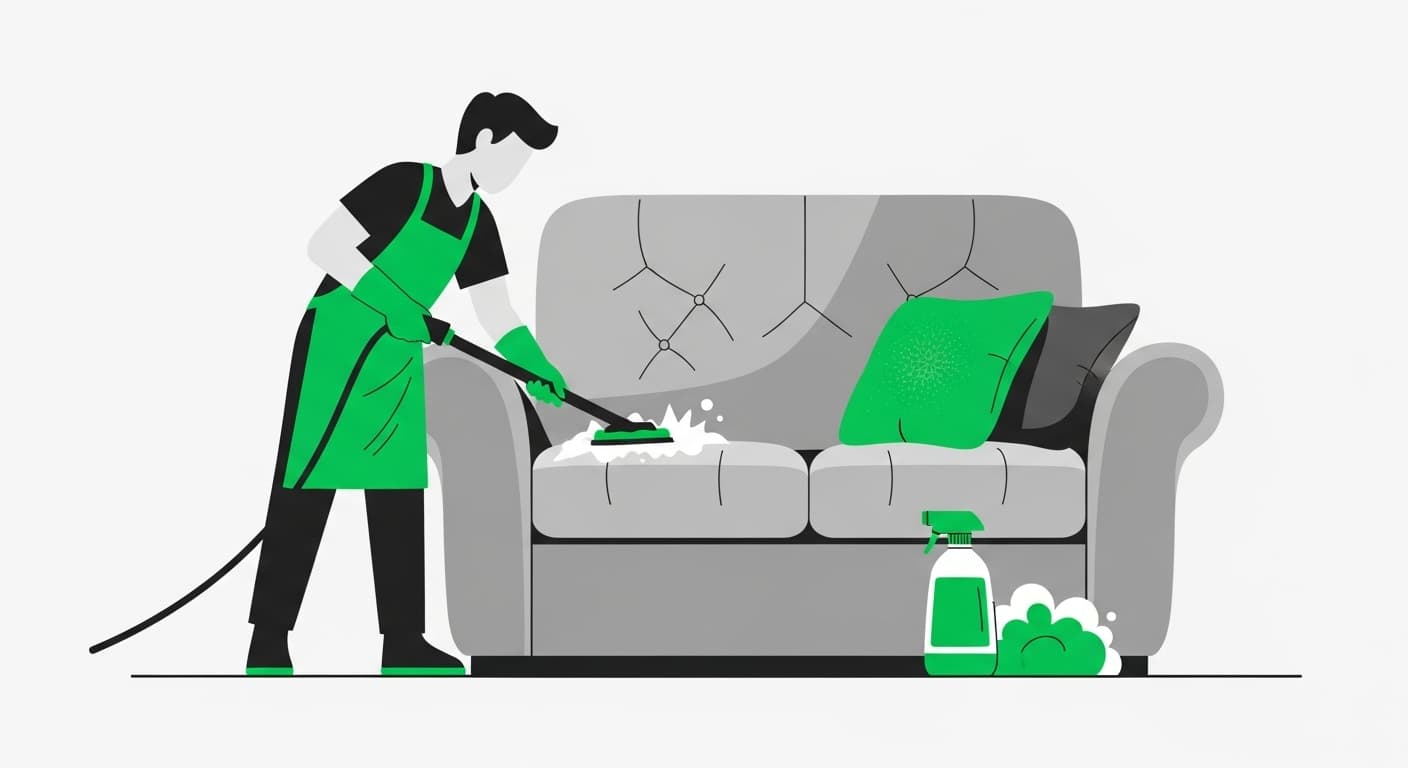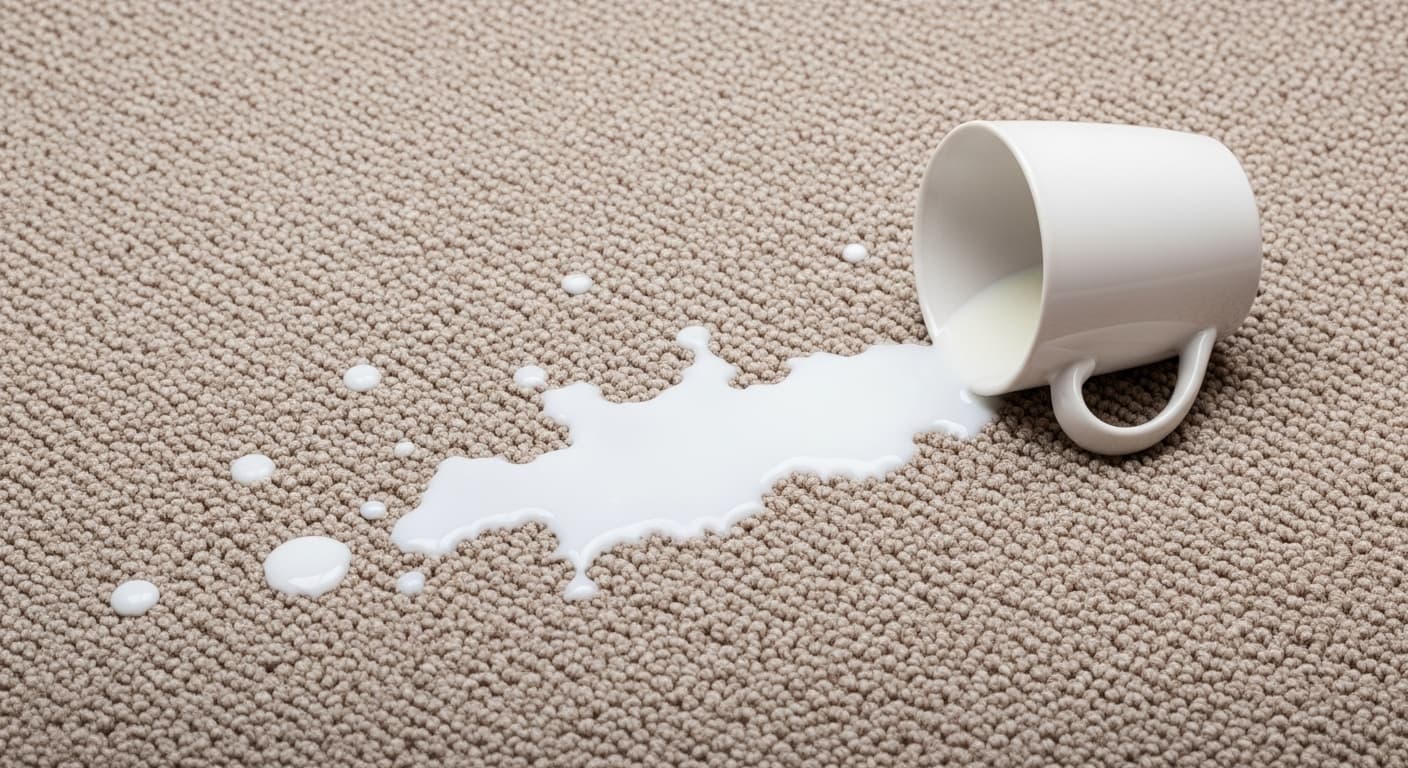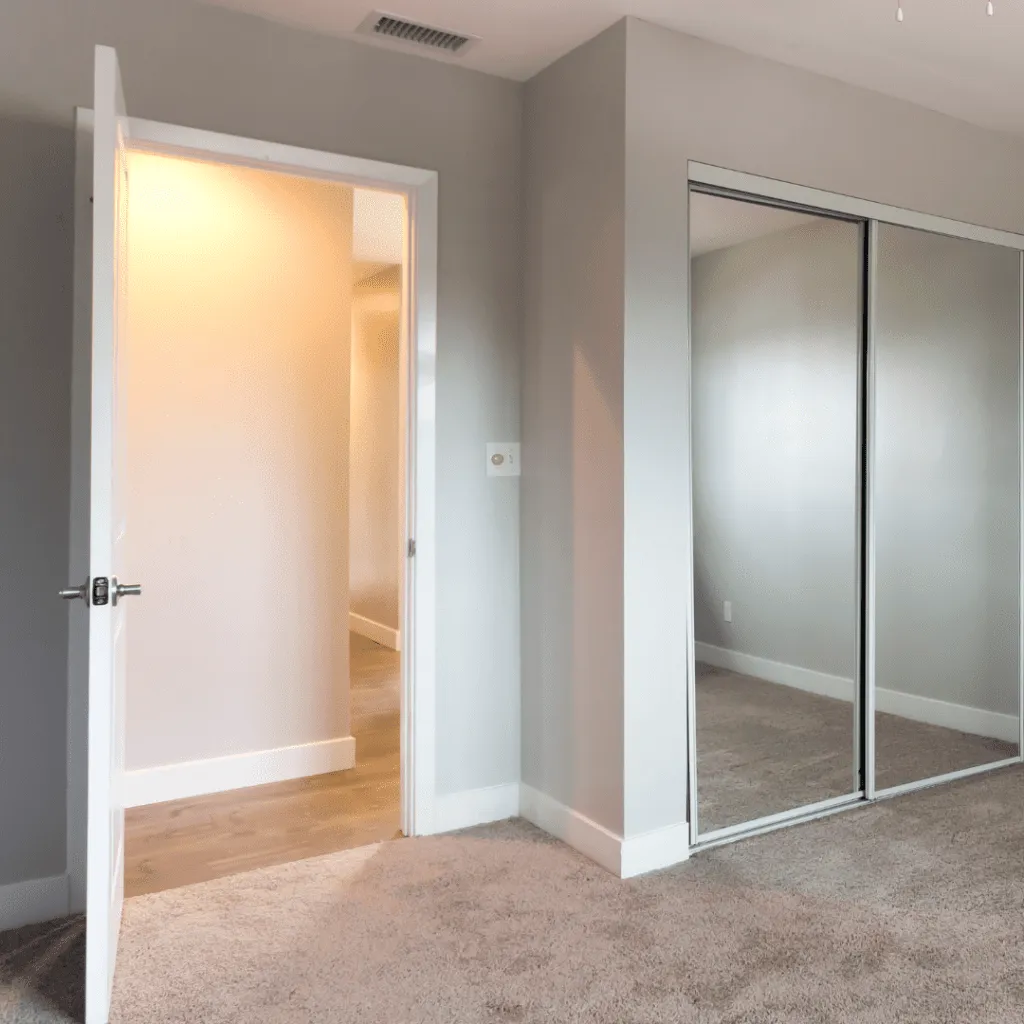Can Dirty Carpet Cause Allergies?
Yes, it can. A dirty carpet can trap allergens like dust mites, mold, and pet dander, impacting your indoor air quality and allergies.
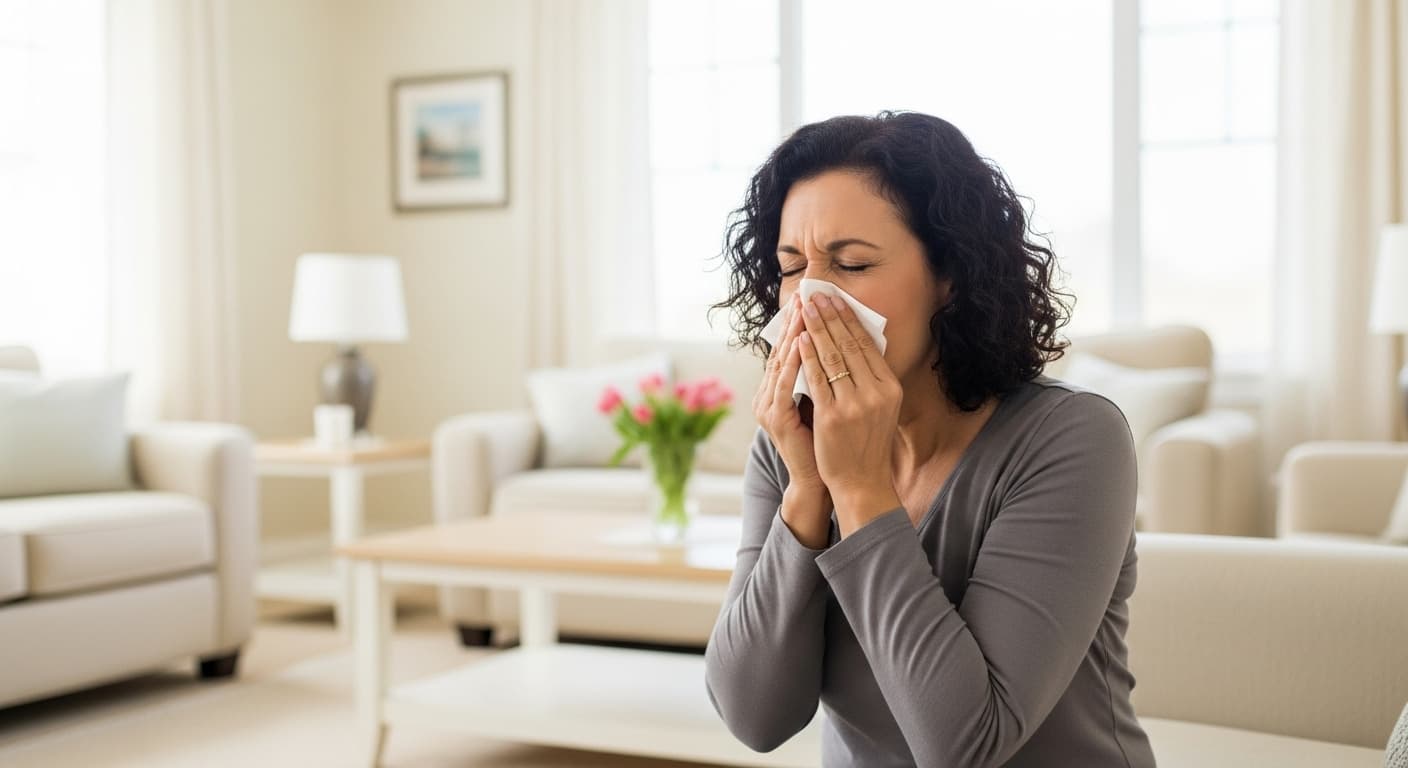
At Matty’s Carpet & Air Duct Cleaning, we’ve seen firsthand how a neglected carpet can impact your home—, and your health. If you’ve been sneezing, coughing, or dealing with mystery allergies, your carpet might be the hidden culprit.
Let’s break down how dirty carpets can trigger allergic reactions and what you can do about it.
How Carpets Affect Indoor Air Quality
Most people think of carpets as soft and cozy. But over time, those fibers can trap more than just dirt. A dirty carpet acts like a sponge, collecting allergens, dust, and bacteria—and then releasing them into the air you breathe.
Common Allergens Found in Carpets
1. Dust Mites
These microscopic bugs thrive in warm, humid carpet fibers. They feed on dead skin cells and can trigger sneezing, itching, and asthma.
2. Pet Dander
Your furry friends leave behind microscopic skin flakes that easily embed into carpet fibers, making them tough to vacuum away.
3. Pollen
Tracked in from the outdoors, pollen can settle into your carpet and cause seasonal allergy symptoms year-round.
4. Mold Spores
If your carpet has experienced water damage or high humidity, mold can grow deep within the padding. This can cause musty odors and respiratory irritation.
Health Symptoms Caused by Dirty Carpet
- Sneezing and nasal congestion
- Coughing or wheezing
- Itchy or watery eyes
- Skin rashes or irritation
- Chronic fatigue or headaches
- Worsening asthma or respiratory conditions
The more time you spend indoors, the more exposure you have to these allergens—especially in high-traffic areas or bedrooms.
Risk Factors That Make Carpets Worse
- High-Pile Carpets: Thick, plush carpet traps more debris than low-pile or flat-weave options.
- Humidity and Poor Ventilation: Damp environments create ideal conditions for mold and bacteria.
- Pets and Foot Traffic: The more activity in your home, the more allergens get ground into your floors.
- Spills and Stains: Left untreated, food or drink spills become feeding grounds for mold and bacteria.
Solutions to Keep Your Carpet Allergy-Free
Vacuum Frequently
Use a vacuum with a HEPA filter at least 2–3 times a week, especially in high-traffic areas.
Schedule Professional Carpet Cleaning
A deep clean every 6–12 months can eliminate trapped allergens that regular vacuuming can’t reach.
Address Water Damage Promptly
If your carpet has been soaked or damaged, it’s best to replace it before mold becomes a problem.
Consider Flooring Alternatively
Hardwood, tile, or vinyl flooring can reduce allergen buildup and are easier to keep clean.
Final Thoughts: Keep Your Carpet Clean & Your Home Healthy
Your carpet may look clean, but if it’s harboring allergens, it can impact your family’s health in a big way. At Matty’s Carpet & Air Duct Cleaning, we help homeowners across Thornton, CO restore their carpets and breathe easier.
Don't let hidden allergens take over your home, schedule a professional cleaning today and feel the difference a fresh carpet makes.
Frequently Asked Questions
What types of allergens are commonly found in dirty carpets?
Dust, pollen, mold, pet dander, and more.
Can dirty carpet really trigger allergic reactions?
Yes, allergens trapped in carpet fibers can be released into the air and inhaled, causing allergic symptoms.
Can pets make carpet allergies worse?
Absolutely. Pet dander and fur easily get trapped in carpets, increasing allergen levels.
Should I replace my carpet if I have severe allergies?
If allergies persist, replacing carpets with hard flooring like tile or wood can help reduce allergen buildup significantly.
What are the symptoms of allergies caused by dirty carpets?
Sneezing, coughing, wheezing, itchy skin, fatigue, and headaches.
Are some carpet types more likely to trap allergens?
High-pile and wool carpets tend to trap more allergens due to their dense fibers and moisture-retaining properties.
Does professional carpet cleaning help with allergies?
Yes, deep cleaning removes embedded allergens more effectively than regular vacuuming.

